
Experienced KS2 teacher and English Lead 📚Now living in the beautiful Northern Ireland 🌊 Father of 3 amazing little kiddies ❤️Always researching something!
How to get URL link on X (Twitter) App

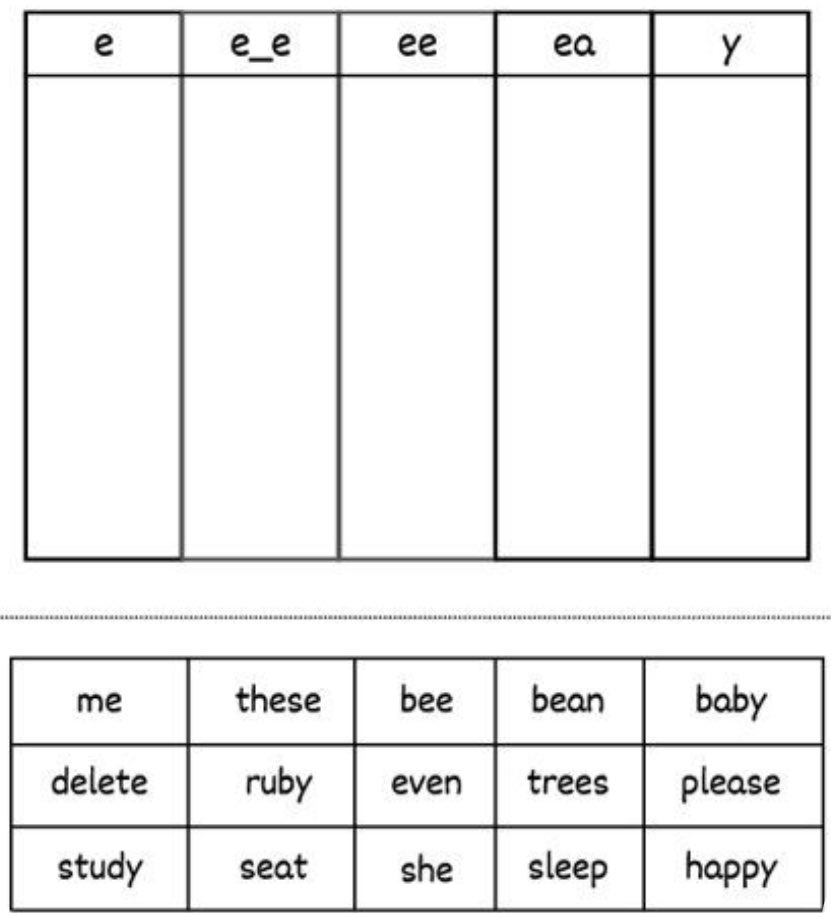
 I incorporate word sorts into my instruction in some capacity most days because they provide opportunities:
I incorporate word sorts into my instruction in some capacity most days because they provide opportunities: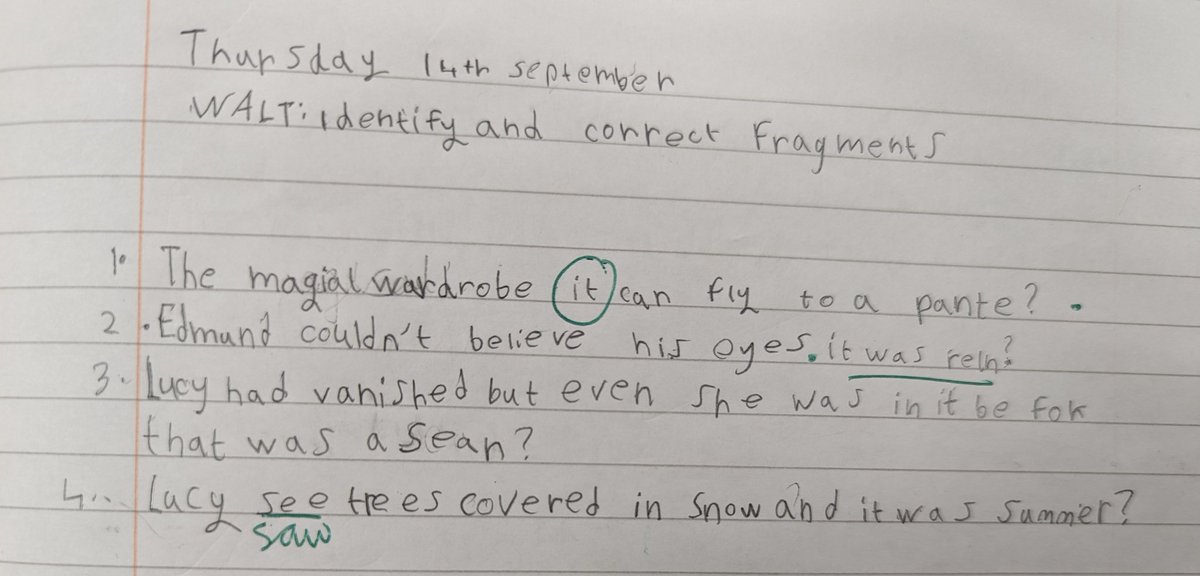
https://twitter.com/RyonWLeyshon/status/1581589314819219456Flower and Hayes describe the writing process as 'the act of dealing with an excessive number of simultaneous demands,' and that writers are 'thinkers on full time cognitive overload.'
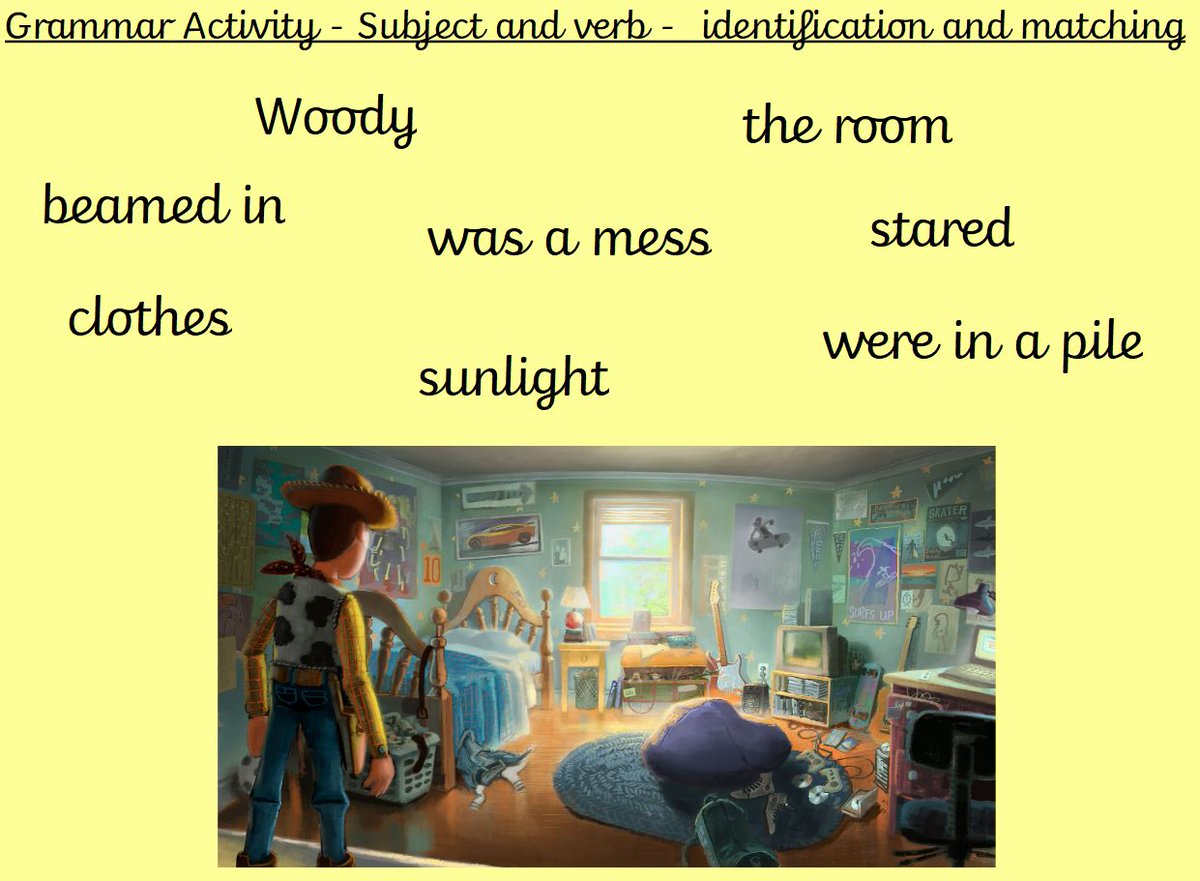
https://twitter.com/naomicfisher/status/1548622308796993536… there are many issues with the way phonics instruction is targeted and discussed in the thread - issues that can and will cause pushback against it, potentially damaging children’s learning and wellbeing in the process.
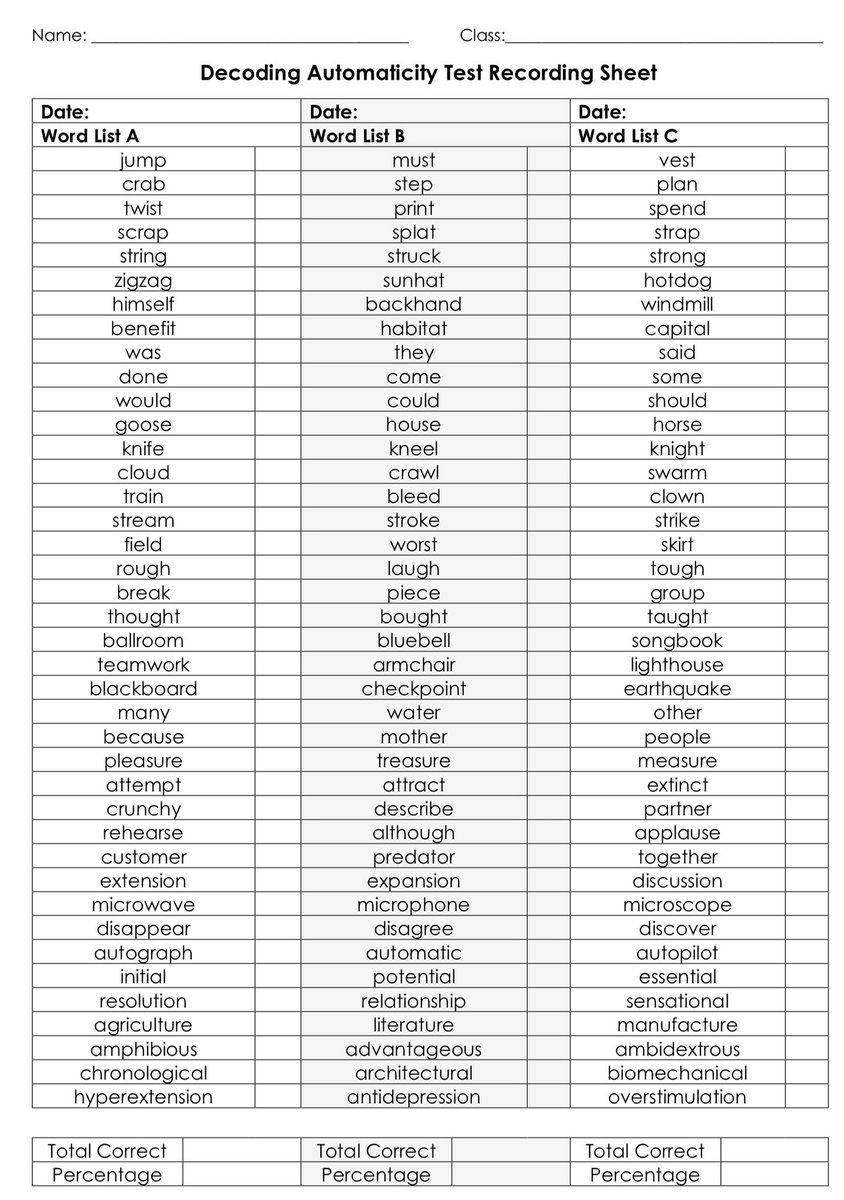
https://twitter.com/RyonWLeyshon/status/1546977761075527681Predictable observations:

 (FYI-this was only designed for personal use. I do wonder if it could be made more useful for others but I’m not sure how well it would work whilst remaining succinct enough for a one page overview. And I know the icons are pretty pointless but I find it more visually appealing!)
(FYI-this was only designed for personal use. I do wonder if it could be made more useful for others but I’m not sure how well it would work whilst remaining succinct enough for a one page overview. And I know the icons are pretty pointless but I find it more visually appealing!)
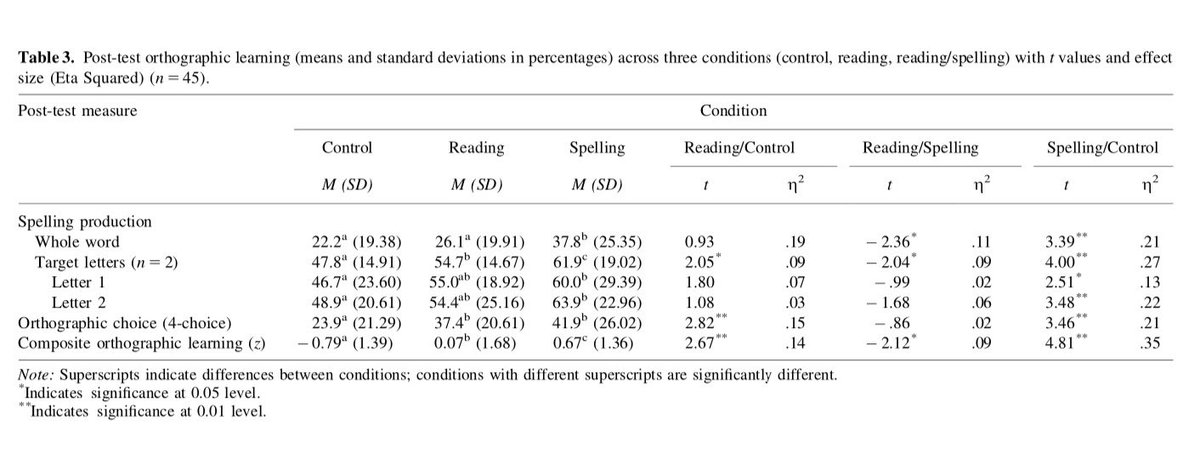
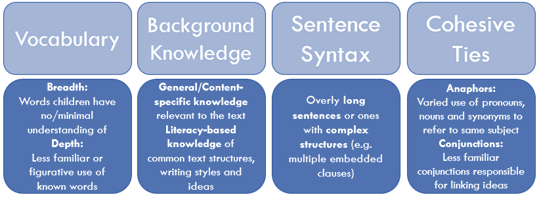
https://twitter.com/Suchmo83/status/1487360791913369608To ensure that discussion of texts is prioritised, we call some of our reading lessons 'Dialogic Comprehension' sessions. There is no expectation for answers to be written down (though it is allowed); verbal exploration and analysis of the text is the main focus.